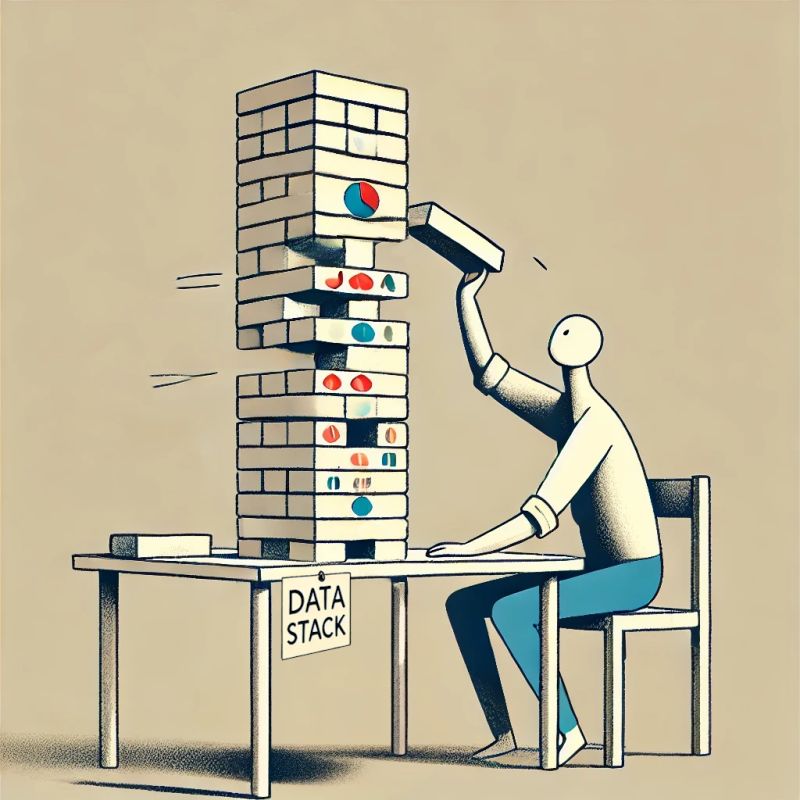Data product management is not the same as software product management.
The idea that data leaders should wholesale adopt the mindset of product managers oversimplifies the complexities of data management and governance. Yes, there are parallels, but there are also crucial differences that warrant a more critical examination.
First, let's acknowledge the positives. Viewing data through a product lens can indeed foster a more user-centric approach and drive innovation. It encourages data leaders to think about the end-user experience and the value their data assets provide. This is good. We want data to be accessible, useful, and actionable.
However, this view also has some limitations and potential pitfalls:
1️⃣ Long-term stewardship: While product managers focus on rapid iteration and market fit, data leaders must think about long-term data integrity, governance, and preservation. These aspects don't always align with a purely product-centric mindset.
2️⃣ Integration and interaction: Multiple data products need to work together seamlessly over a long time. This creates design constraints and additional complexities. As a data product manager, you're not creating a single, highly optimized product, but aiming for a stable and interoperable ecosystem.
3️⃣ Stakeholder complexity: Data stakeholders are often more diverse and have competing interests compared to product users. Balancing the needs of executives, analysts, customers, and regulators is a nuanced task that goes beyond typical the typical stakeholder management of product management.
4️⃣ Customer focus: Successful products relentlessly focus on customer needs. With data products, multiple customers often exist, creating a balance: Creating specific products for each customer risks losing synergies, while focusing on synergies might disappoint customers.
5️⃣ Technical debt: The "move fast" ethos of product development doesn't always translate well to data infrastructure. Rapid iteration in data systems can lead to significant technical debt, inconsistencies, and quality issues over time.
Instead of wholesale adoption of product management principles, data leaders would be better served by a more nuanced approach. Take the user-centric focus and innovation drive from product management, but blend it with the rigor, ethical considerations, and long-term thinking that characterize good data governance.
In the end, while there are lessons to be learned from product management, data leadership is its own discipline with its own best practices. Let's thoughtfully evolve these practices - remaining open to inspiration and cross-pollination, but not simply by wholesale grafting approaches from other domains.
